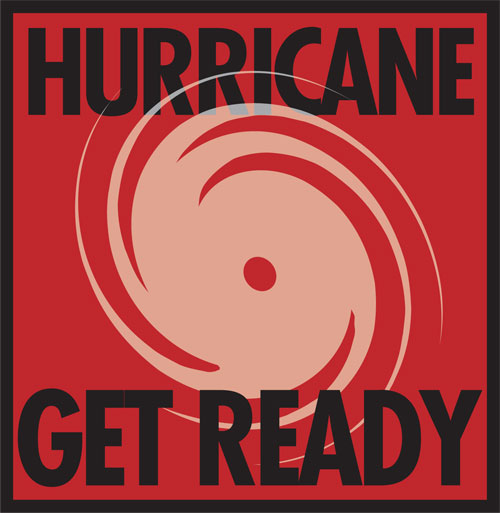
The 2013 Atlantic hurricane season starts today and federal officials are warning that the potential for full-blown disaster remains high.
Officials at the National Hurricane Center, urge US residents to prepare while there is time and the weather is still good. They urge residents not to get complacent.
All signs point to a busy season and officials don't know where the storms are going to go, But suggest everyone prepares as though a hurricane will hit your area.
Federal sequestration won't help the nation's preparation efforts, since budget cuts will require that about 60 National Hurricane Center employees take four furlough days through the end of September. Forecasters at local weather offices nationwide, all under the National Oceanic and Atmospheric Administration, also will have to take furlough days.
NOAA is predicting an extremely active season with 13 to 20 named storms, including seven to 11 hurricanes.
History teaches that a lack of hurricane awareness and preparation are common threads among all major hurricane disasters. By knowing your vulnerability and what actions you should take, you can reduce the effects of a hurricane disaster.
Hurricane hazards come in many forms, including storm surge, heavy rainfall, inland flooding, high winds, tornadoes, and rip currents. The National Weather Service is responsible for protecting life and property through issuance of timely watches and warnings, but it is essential that your family be ready before a storm approaches. Furthermore, mariners should be aware of special safety precautions when confronted with a hurricane.
Download the Tropical Cyclone Preparedness Guide (PDF) or follow the links for more information. But remember, this is only a guide. The first and most important thing anyone should do when facing a hurricane threat is to use common sense.